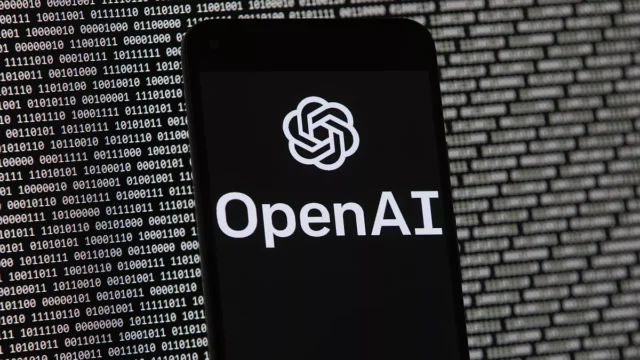
OpenAI recently delayed the launch of its new voice assistants, particularly the “Sky” voice model, in its ChatGPT application after facing ethical scrutiny and public feedback. This decision underscores the complexities involved in developing AI-generated voices that are both engaging and respectful of individual privacy.
Background of the Controversy
The “Sky” voice, which was one of the multiple new voices developed for ChatGPT, drew significant attention due to its striking similarity to the voice of actress Scarlett Johansson. Johansson, known for her role as a virtual assistant in the film “Her,” expressed concerns through her legal representatives about the resemblance, which she had not authorized. This resemblance prompted discussions about the ethical implications of AI technologies that can mimic human voices without consent.
Development Process and Ethical Considerations
OpenAI’s voice models, including “Sky,” were created using professional voice actors. The selection process aimed to create voices that were warm, engaging, and trustworthy, without intending to replicate any public figure specifically. Despite these precautions, the similarity to Johansson’s voice led to a broader debate on the potential misuse of voice cloning technology in impersonating individuals, which could lead to privacy violations and misuse in scenarios like elections and public misinformation.
OpenAI’s Response
In response to the controversy and to respect the feedback received, OpenAI has paused the deployment of the “Sky” voice. The company is currently reviewing its policies and the development process to better address these ethical concerns. OpenAI has emphasized its commitment to ethical AI development, including implementing safeguards such as voice watermarking and explicit consent protocols for using voice data.
Looking Forward
The delay in launching these voice assistants highlights the challenges tech companies face in balancing innovation with ethical responsibilities. As voice technologies evolve, so too does the need for clear regulations and guidelines to prevent misuse and ensure that advancements in AI benefit society without compromising individual rights or privacy.
OpenAI’s decision to delay its voice assistant project reflects a cautious approach to AI development, prioritizing ethical considerations and public trust over rapid deployment. As the company navigates these challenges, the tech industry watches closely, aware of the broader implications for the future of voice-driven AI applications.










